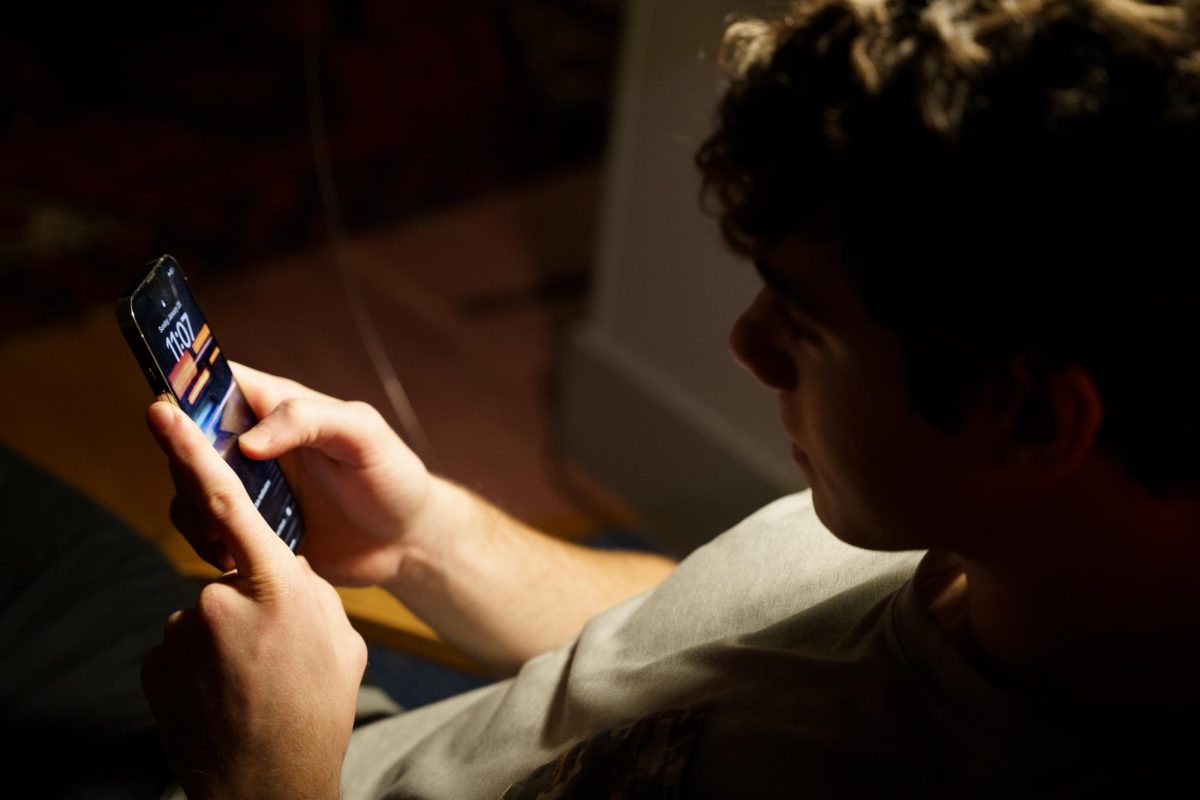Christian Louis Lange, an early 20th century visionary and politician, once said that “technology is a useful servant, but a dangerous master.” He said this in his Nobel Lecture on internationalism in 1921—44 years before the release of the first desktop computer, and 62 years before the creation of the internet. Despite this, his words are now more relevant than ever. From computers to tablets to mobile phones, electronics have become irreversibly embedded in modern society. This is what makes it so difficult to detach ourselves from them. Every life changing invention comes with a grievous cost: and with electronics, more specifically, smartphones—the cost is our time, our attention span, our self-esteem, and our overall well-being.
Although smartphones are great tools, their utility is overshadowed by their addictive nature. The longer social media companies can keep you glued to your screen, the more profit they can reel in. This is what makes them so destructive to one’s mental and physical health—everything that can be done to increase engagement time on these apps will be done. That’s why it’s so easy for hours to go down the drain on Tiktok or YouTube Shorts—an infinite stream of endlessly stimulating, albeit mindless content with bright colors and loud noises is impossible for the human brain to resist. In fact, social media platforms with infinite scroll are actually comparable to drugs; smartphone users can experience a kind of withdrawal when away from their phone for extended periods of time.
Out of a select pool of majority freshman phone users, 53 percent of them said that their phone has negatively impacted their attention span. This is no surprise: when you scroll on short-term content, the neurotransmitter dopamine is released, giving you a pleasurable feeling. The more this is induced, the less impact the dopamine has, meaning motivation, attention span, and work ethic are reduced. Furthermore, 80 percent of the same pool said they used their phone for two hours or more every day, with a wide distribution across all hours. Some participants even reported ten hours a day.
Even using your phone for a couple hours every day increases your likelihood of depression and anxiety, according to the Rochester Medical center. “It makes you hostile and anxious, when you see how terrible people act and you are only shown that side of humanity, you get kind of hateful and angry,” said Angus Moyer ’27. “It’s brain rot and it makes you sad…people getting murdered… I saw a lot of that as a child.” Smartphones, especially among developing minds, can have drastic impacts. As Moyer references, exposure to violence and disturbing content at a young age can have serious repercussions later on in life.
Phones take hours of your time, decrease your productivity, and increase negative feelings. After interviewing and surveying students from CRLS, it is clear the negatives outweigh the positives. Maybe a day will come when phones are used more as tools and less as the addictive parasites they can be—but if we don’t change our habits, that day will remain a distant fantasy.
This article also appears in our January 2024 print edition.









